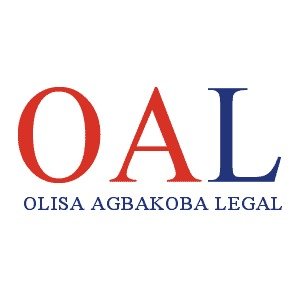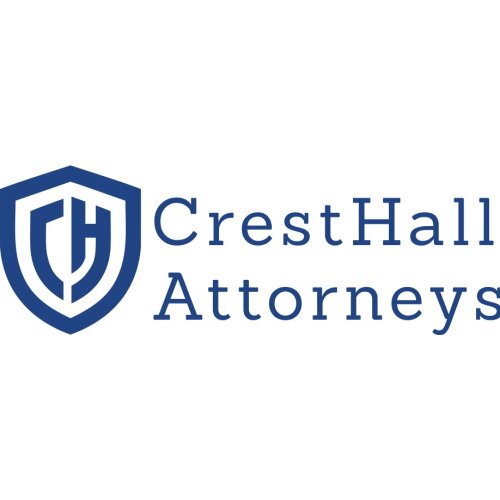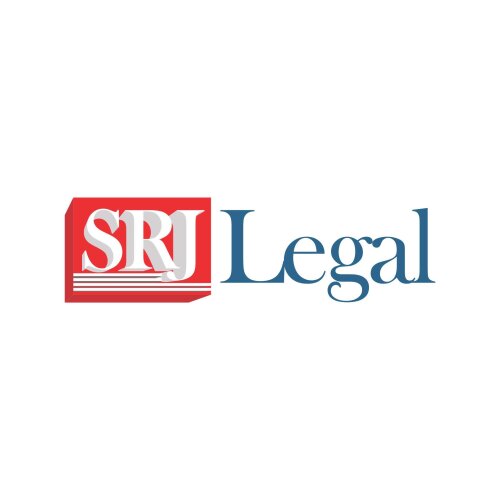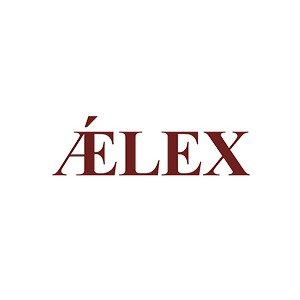Best Space Law Lawyers in Lagos
Share your needs with us, get contacted by law firms.
Free. Takes 2 min.
List of the best lawyers in Lagos, Nigeria
Legal guides written by Adeola Oyinlade & Co:
- Procedure and Requirements for Work Permit and Visas in Nigeria
- The Step-By-Step Procedure of How to Apply for Microfinance Bank License Online in Nigeria
- How to Ensure the Smooth Recognition and Enforcement of Foreign Judgments in Nigeria
About Space Law in Lagos, Nigeria
Space Law in Lagos, Nigeria, is a relatively emerging field due to the increasing interest in space activities and international collaboration. While traditionally not a focus in Nigeria, the development of space technology and relevant infrastructure is gaining momentum with the establishment of the National Space Research and Development Agency (NASRDA). This growing field encompasses the regulation and governance of space-related activities, including satellite communications, extraterrestrial property rights, and space commercialization. Given Lagos's position as an economic hub, it plays a significant role in attracting investments and establishing legal frameworks pertinent to space exploration within Nigeria.
Why You May Need a Lawyer
With the growth of space technology and related businesses, individuals and organizations may require legal assistance in several scenarios:
- Entering contracts for satellite deployment and usage.
- Negotiating international partnerships for space exploration or satellite launches.
- Navigating licensing and regulatory requirements for space-related activities.
- Understanding liability issues for damages caused by space objects.
- Protecting intellectual property related to space technology and research.
- Addressing disputes over space resources or territorial claims.
Local Laws Overview
Lagos plays a significant role in Nigeria's space ambitions, as the city attracts both local and international stakeholders in the aerospace sector. The key aspects of local laws in Lagos that are relevant to Space Law include:
- National Space Policy and Plans, implemented by NASRDA, setting the direction for space activities.
- Regulations surrounding satellite communications and spectrum allocation enforced by the Nigerian Communications Commission (NCC).
- Compliance with international treaties and agreements on space activities that Nigeria is a signatory to, such as the Outer Space Treaty.
- Environmental and safety regulations concerning launch sites and orbital space resource management to prevent space debris and contamination.
Frequently Asked Questions
What is Space Law?
Space Law refers to the body of laws and regulations that govern activities related to outer space, such as satellite launches, space exploration, and the use of space resources.
Who regulates space activities in Nigeria?
The National Space Research and Development Agency (NASRDA) is responsible for overseeing and regulating space activities in Nigeria.
Do I need a license to launch a satellite from Nigeria?
Yes, launching a satellite requires obtaining a license from NASRDA and complying with regulations set by the Nigerian Communications Commission (NCC) regarding spectrum allocation.
What international treaties on Space Law is Nigeria a part of?
Nigeria is a signatory to several international treaties, including the Outer Space Treaty, the Rescue Agreement, and the Liability Convention.
Can private companies operate in the space sector in Nigeria?
Yes, private companies can engage in space activities, but they must adhere to regulatory requirements and obtain necessary permits from NASRDA and other relevant bodies.
How are disputes related to space activities resolved in Nigeria?
Disputes may be resolved through arbitration, litigation, or negotiation, depending on the terms of the contracts involved and applicable international agreements.
Is there a specific law on space debris management in Nigeria?
While Nigeria does not have specific national legislation on space debris, it adheres to international guidelines and best practices aimed at preventing and mitigating space debris.
What are the responsibilities of the Nigerian Communications Commission (NCC) in space activities?
The NCC handles the allocation of frequency spectrums for satellite communications and ensures compliance with technical and safety standards.
Can Nigeria claim ownership of celestial bodies or territories in space?
Under the Outer Space Treaty, celestial bodies are considered the "province of all mankind," and national claims of sovereignty are not recognized.
What legal assistance is available for new firms entering the Nigerian space market?
Lawyers specializing in Space Law can guide you on regulatory compliance, intellectual property rights, international agreements, and contract negotiations.
Additional Resources
- National Space Research and Development Agency (NASRDA): The leading government body in Nigeria for space research and policy-making.
- Nigerian Communications Commission (NCC): Responsible for regulating communications satellite activities in Nigeria.
- Federal Ministry of Science and Technology: Overseeing technological advancements and supporting space-related initiatives.
- International Institute of Space Law (IISL): Offers resources and conferences on global Space Law developments.
Next Steps
If you require legal assistance in Space Law, consider the following steps:
1. Consult a Lawyer: Seek a legal professional experienced in Space Law. They can help navigate local regulations and international treaties.
2. Conduct Thorough Research: Stay informed about any changes in Nigerian Space Law and international agreements affecting your interests.
3. Join Professional Networks: Engage with organizations and forums that focus on space policy, to expand your understanding and make industry connections.
4. Develop a Compliance Strategy: Work with legal experts to ensure all activities align with national and international laws, minimizing risks and penalties.
Lawzana helps you find the best lawyers and law firms in Lagos through a curated and pre-screened list of qualified legal professionals. Our platform offers rankings and detailed profiles of attorneys and law firms, allowing you to compare based on practice areas, including Space Law, experience, and client feedback.
Each profile includes a description of the firm's areas of practice, client reviews, team members and partners, year of establishment, spoken languages, office locations, contact information, social media presence, and any published articles or resources. Most firms on our platform speak English and are experienced in both local and international legal matters.
Get a quote from top-rated law firms in Lagos, Nigeria — quickly, securely, and without unnecessary hassle.
Disclaimer:
The information provided on this page is for general informational purposes only and does not constitute legal advice. While we strive to ensure the accuracy and relevance of the content, legal information may change over time, and interpretations of the law can vary. You should always consult with a qualified legal professional for advice specific to your situation.
We disclaim all liability for actions taken or not taken based on the content of this page. If you believe any information is incorrect or outdated, please contact us, and we will review and update it where appropriate.

















